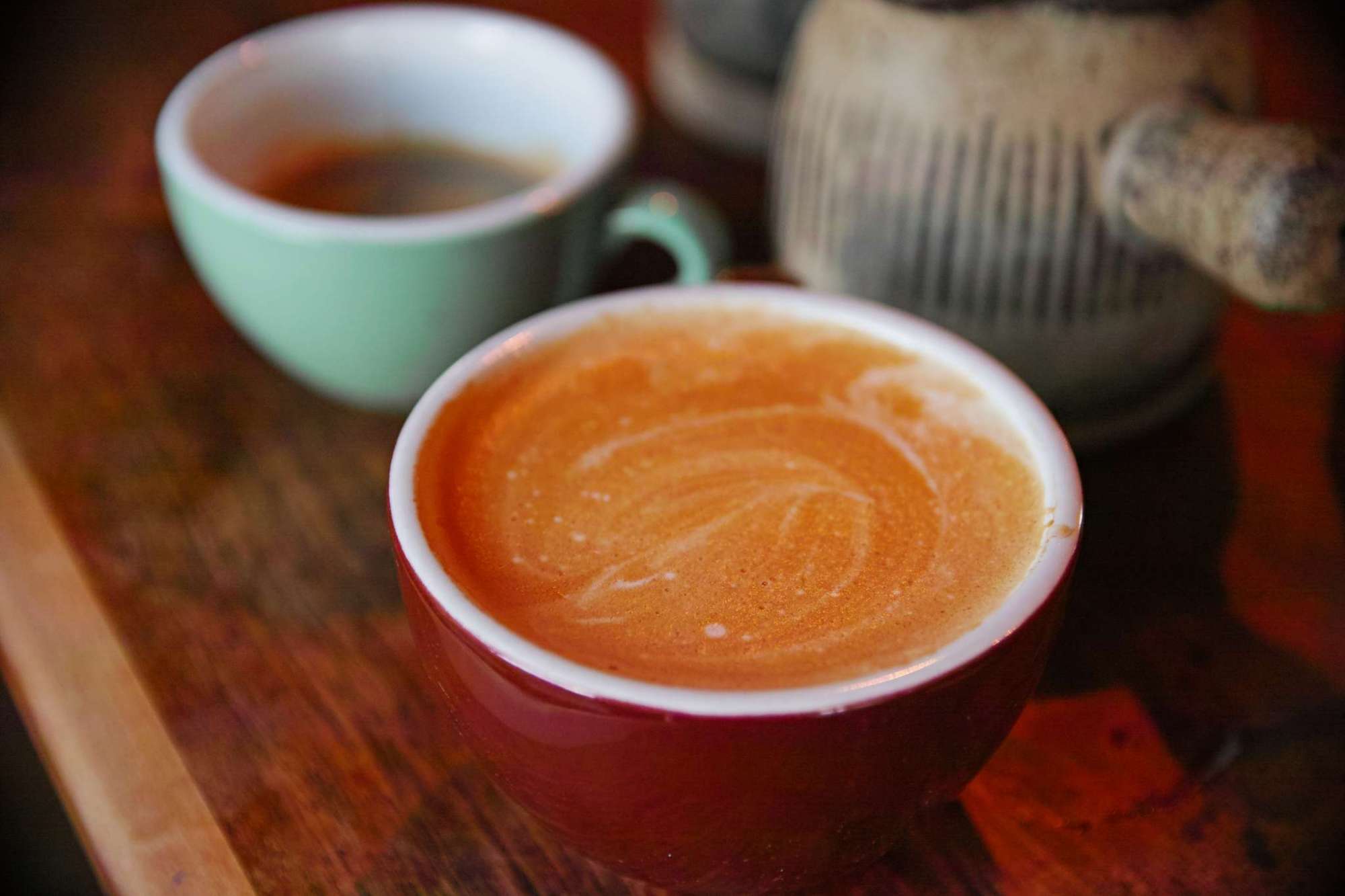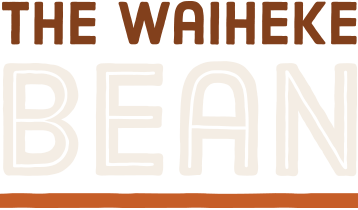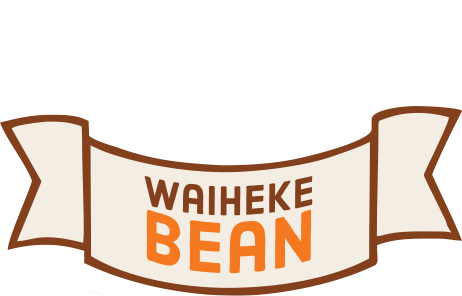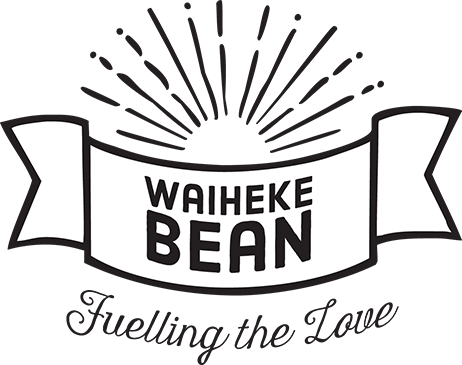But what does organic actually mean? We’ve probably all heard that choosing organic produce and products where possible is a good thing, but why?
No chemicals
In the case of organic coffee, it means synthetic fertilizers or chemicals are not used in growing or producing coffee. That’s a good thing for many reasons.
Whilst the part of the coffee plant that we consume is well inside the cherry (it is after all the seed and in fact not a bean) and not directly exposed to chemical applications, choosing organic means cleaner beans, air, land, and water. This is really important to us. We want to do our best to make sure we can keep using the land in the future.
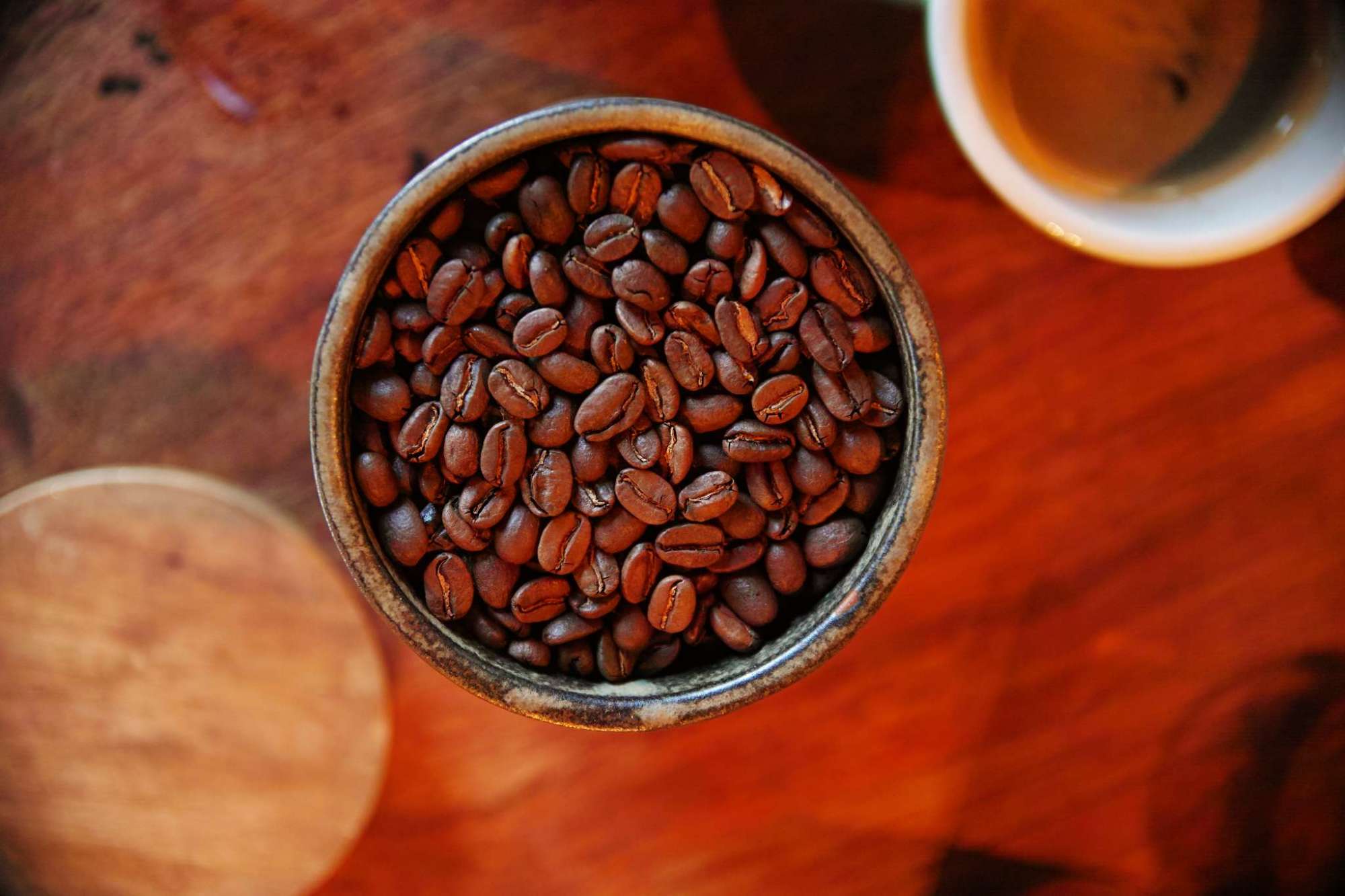
Which also means…
Organic coffee farming also encourages beneficial insects into the area. These often prey on detrimental insects, help with pollination or act as a decoy for other insects. Such practices lead to a healthier crop, more resistant to disease pressure and environmental fluctuations.
Mulching with organic materials and growing coffee under a canopy of trees decreases the need for irrigation and conserves water – this is of key importance around the world.
The natural environment is a complex and sometimes fragile ecosystem, so by not interfering more than necessary, we gain the best chance of minimising our impact on the land and protecting our future coffee crops.
The proof is in the cup
And really, the proof is in the cup! Organic coffee beans are richer in taste, antioxidants, boosts the immune system and means we’re not ingesting harmful chemicals when we enjoy a cup of coffee.
Whilst our coffee is certified organic from our supplier, we’re not currently organic certified ourselves, but watch this space. In the meantime, we will continue to always choose organic fairly traded green beans for roasting.
